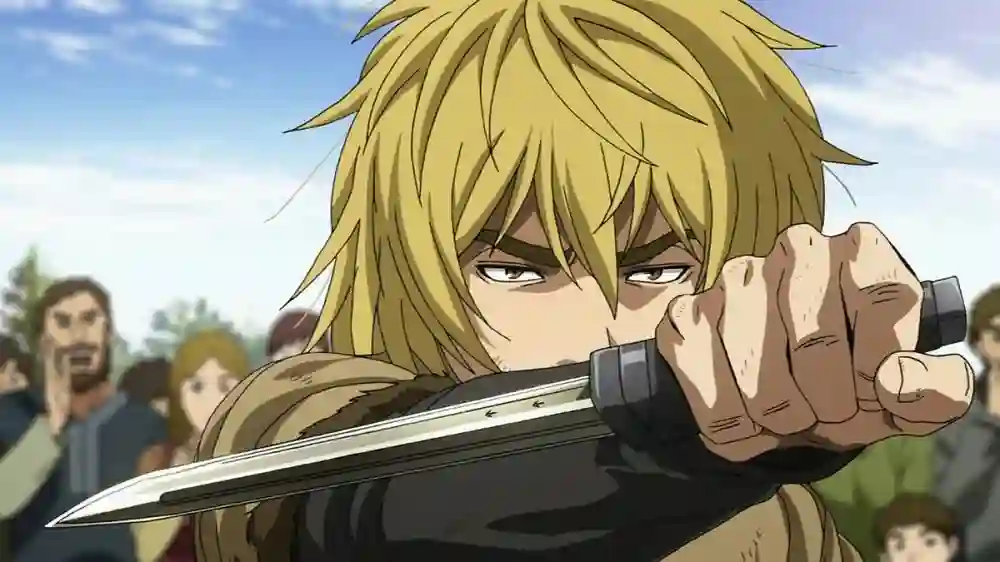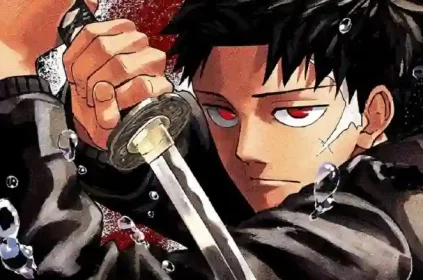In the realm of dark fantasy, few narratives have left as indelible a mark as Kentaro Miura’s Berserk. Beyond the pages of manga, Berserk’s influence extends far and wide, seeping into the veins of video games and permeating the tapestry of pop culture. In this article, we embark on a journey to explore the Eclipse Effect, unraveling the profound impact Berserk has had on the world of video games and its pervasive presence in the broader landscape of popular culture.
From Manga to Pixels: Berserk’s Influence on Video Games:
Berserk’s journey from the pages of a dark fantasy manga to the pixelated realms of video games is a testament to its immersive storytelling and rich visual aesthetic. Numerous game developers and designers have drawn inspiration from the dark and atmospheric world of Berserk, infusing their creations with echoes of Miura’s narrative genius.
One of the most notable examples is the “Souls” series, particularly Dark Souls. FromSoftware’s critically acclaimed franchise bears the unmistakable imprint of Berserk’s dark and gritty aesthetic. The eerie landscapes, grotesque monsters, and the overarching theme of a world in relentless decay echo the nightmarish vistas of Berserk, creating an atmospheric experience that resonates with fans of both mediums.
The Souls-Like Genre: Spreading the Eclipse’s Shadow:
The influence of Berserk extends beyond Dark Souls, giving rise to an entire subgenre known as “Souls-like.” Games like Bloodborne, Nioh, and Sekiro: Shadows Die Twice owe a creative debt to Berserk, not just in terms of thematic inspiration but also in their nuanced approach to storytelling.
The Souls-like genre, characterized by punishing difficulty, intricate level design, and a sense of foreboding atmosphere, encapsulates the essence of Berserk. The Eclipse’s shadow looms large over these games, infusing them with a dark and visceral quality that captures the essence of Miura’s magnum opus.
Guts’ Legacy in Gaming: The Black Swordsman’s Presence:
Guts, the iconic protagonist of Berserk, stands as a towering figure in the pantheon of dark fantasy heroes. His colossal sword, the Dragonslayer, has become synonymous with raw power and relentless determination. Guts’ legacy extends into the realm of video games, where characters wielding oversized swords and grappling with inner demons pay homage to the Black Swordsman.
Games like the Guts-themed costume in the action-packed hack-and-slash title, Berserk and the Band of the Hawk, allow players to step into the brutal shoes of Guts and experience firsthand the carnage and chaos that define his journey. Guts’ presence in gaming serves as a testament to the enduring appeal of Berserk’s protagonist and the impact of his character on the broader gaming landscape.
Berserk’s Aesthetic: Echoes in Art, Anime, and Beyond:
The aesthetic language of Berserk extends beyond the confines of video games, leaving an indelible mark on various facets of pop culture. The dark and brooding atmosphere, intricately detailed character designs, and the visceral depiction of combat have influenced artists, animators, and creatives across diverse mediums.
In anime, series like Claymore and Goblin Slayer exhibit shades of Berserk’s thematic intensity, exploring dark fantasy worlds and delving into the psychological toll of relentless warfare. The influence is not confined to Japan alone; Western artists and creators, too, have acknowledged the impact of Berserk on their work, revealing a global appreciation for the series’ artistic and narrative qualities.
Homages and References: Paying Tribute to the Eclipse:
Berserk’s influence is often paid tribute to through subtle homages and references in various media. From Easter eggs in video games to nods in anime and manga, the Eclipse has become a touchstone for creators seeking to acknowledge the profound impact of Miura’s work.
Titles like Final Fantasy, Castlevania, and even the behemoth that is The Legend of Zelda series have incorporated elements inspired by Berserk. These homages serve not only as nods of respect to the dark fantasy titan but also as a testament to the enduring legacy of Berserk’s themes and visual style.
The Eclipse’s Shadow: A Cultural Phenomenon:
Berserk’s pervasive influence goes beyond specific instances of homage; it has become a cultural phenomenon, a touchstone that transcends the boundaries of individual works. The Eclipse’s shadow stretches across the landscape of popular culture, reminding us that the impact of Berserk is not confined to the pages of manga or the screens of video games.
The series has inspired discussions on complex themes such as the nature of humanity, the consequences of ambition, and the interplay between light and darkness. These conversations, sparked by Berserk’s narrative depth, have seeped into broader cultural discourse, elevating the series into a touchstone for contemplation and reflection.
Conclusion:
As we navigate the diverse realms of video games and popular culture, the Eclipse continues to cast its shadow, a testament to the enduring legacy of Kentaro Miura’s Berserk. The influence of the dark fantasy epic is not confined to specific titles or genres; it is a living, breathing presence that permeates the creative landscape.
From the Souls-like genre to the aesthetic choices of contemporary artists, Berserk’s Eclipse Effect is a cultural touchstone that resonates with audiences worldwide. As we pay tribute to Miura’s genius, we recognize that Berserk’s impact on video games and pop culture is an ongoing saga, a narrative thread that weaves itself into the fabric of our collective creative consciousness, leaving an indelible mark that transcends time and medium.









